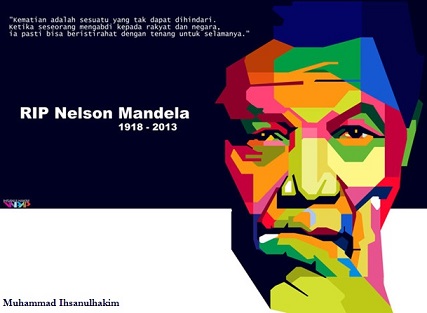Romance and Freedom: Nelson and Winnie Mandela’s Politics of Gender in Three Post-Apartheid Novels
DOI:
https://doi.org/10.13130/2035-7680/4472Keywords:
Nelson Mandela, Winnie Mandela, Fathering/Mothering the Nation, Lewis Nkosi, Njabulo Ndebele, Phaswane MpeAbstract
This paper aims to retrace the influence of the politics of gender enacted by Nelson and Winnie Mandela on post-apartheid gender relationships, as represented in three novels: Phaswane Mpe’s Welcome to Our Hillbrow (2001), Njabulo Ndebele’s The Cry of Winnie Mandela (2003) and Lewis Nkosi’s Mandela’s Ego (2006).
Recently, Nelson and Winnie Mandela’s marriage has been also described as the “unusual founding-family romance” (Munro 2014) of the post-apartheid nation. Their marriage lasted from 1958 to 1992, including, thus, the last decades of the anti-apartheid struggle, as well as the demise of the apartheid regime. Their separation, which was due in the first place to Nelson Mandela’s imprisonment and, later, to their divorce, eventually marked the disruption of this founding-family romance, making it “unusual”.
As a consequence, the deconstructive take on Nelson Mandela’s fatherhood and masculinity and Winnie Mandela’s femininity and motherhood which is enacted in the three novels also allows to reassess the possibility of that “founding-family romance”, envisioning an alternative understanding of the origins of the post-apartheid South African nation.




